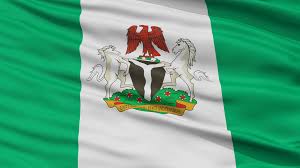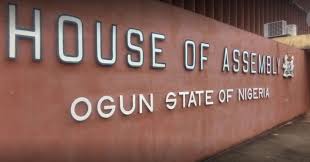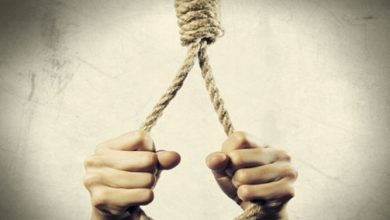
NIGERIA AT 59: CIVIL SOCEITY ORGANISATIONS LAMENT NON IMPLEMENTATION OF 35% AFFIRMATIVE ACTION ON WOMEN’S ROLES

The network noted that there are deep seated problems of structure, institutional weakness, performance that are presently jeopardizing the democratic space adding that these also include; basic public good are lacking, while the majority of the population is impoverished and there is an epidemic of social violence that has undermined security throughout the Federation.
‘We congratulate all Nigerians on this occasion of our dear nation.. It is important to also note that at 59 and 20 years of democratic governance, Nigeria is still grappling with attaining the 35% affirmative action for the participation of women in governance and security issues’.
‘It is pertinent to note, however, that in spite of the challenges that face us as a nation, there has been remarkable progress in the years since 1960. Successive administrations from Nigeria’s independence have made several efforts to set the country on the right course with each administration establishing some degree of success in various sectors of the polity’.
‘The present administration for instance, in 2015, rode into victory on the back of its campaign mantra – CHANGE, which Mr. President promised Nigerians will happen by tackling corruption, making the country safe and secure, providing citizens with the basic services through infrastructure that works, healthcare that is affordable, even free; respect for the environment and sustainable development, education that is competitive and outcome-oriented in a knowledge-economy’.
Penpushing further reports that, based on this, the Network shared with Nigerians, some of the improvement experienced in the past few years which include; the criminal justice system has experienced significant improvement with the Administration of Criminal Justice Act, 2015 which has been adopted and domesticated across 27 states, the Violence Against Persons Prohibition Act (VAPP) which has also been adopted by 10 states, the Proceeds of Crime Laws as well as the Whistle Blower Policy. The judiciary that has been seen to be corrupt is more transparent and has become more accountable.
*There is a level of improvement within the Education sector for example, the provision for free education especially at the primary level, the school feeding programmes, which has contributed to boosting the local economy as well as contribute to the creation of new jobs along the food supply value chain. Notable gains have also been observed in the delivery of quality services on contracts made under the Universal Basic Education Commission (UBEC) intervention funds.
- With the privatization of the power sector, Nigerians are experiencing little improvement with the provision of power supply, although still insufficient.
- The health sector has experienced some improvement, with the maternal mortality rate on the decrease. According to UNICEF, a woman’s chance of dying from pregnancy and childbirth in Nigeria is 1 in 13. And in 2015, mortality ratio for Nigeria was 814 deaths per 100,000 live births.
Penpushing also reports that, the group called on the government of Nigeria to further strengthen accountability and monitoring mechanisms within the political space, education, health, judiciary and ensure the security of lives and property of citizens.
‘Funding should be allocated for the implementation of progressive laws to achieve their aim and objectives. In addition, as a nation we must hold our leaders accountable and ensure respect for the Rule of Law.
Penpushing reports that, the Network of Civil Society Organizations (CSOs) pointed out that, to build a strong independent and democratic Nation, there is need for all citizens to put national interest above personal interest.
The signatories of the statement are; Accountability Lab, ActionAid Nigeria, Advocacy Nigeria, African Center for Media and Information Literacy (AFRICMIL), Arewa Research and Development Project (ARDP),Center for Socio Legal Studies (CSLS),Center for Women’s Health and Information (CEWHIN) and Civil Resource Development and Documentation Center (CIRDDOC)
Penpushing further reports that others include; International Center for Investigative Reporting (ICIR), International Women Communication Center (IWCC), Kebet Kache Women Development and Resource Center, Legal Awareness for Nigerian Women (LEADS), Nigeria Women Trust Fund (NWTF)
The list also include; Progressive Impact Organization for Community Development (PRIMORG)REBOOT, Partners West Africa Nigeria (PWAN),Women Advocates Research and Documentation Center (WARDC), Women Consortium of Nigeria (WOCON),Women FM 91.7,Women’s Rights Advancement and Protection Alternative (WRAPA) and Youth Initiative for Advocacy, Growth and Advancement (YIAGA Africa)




